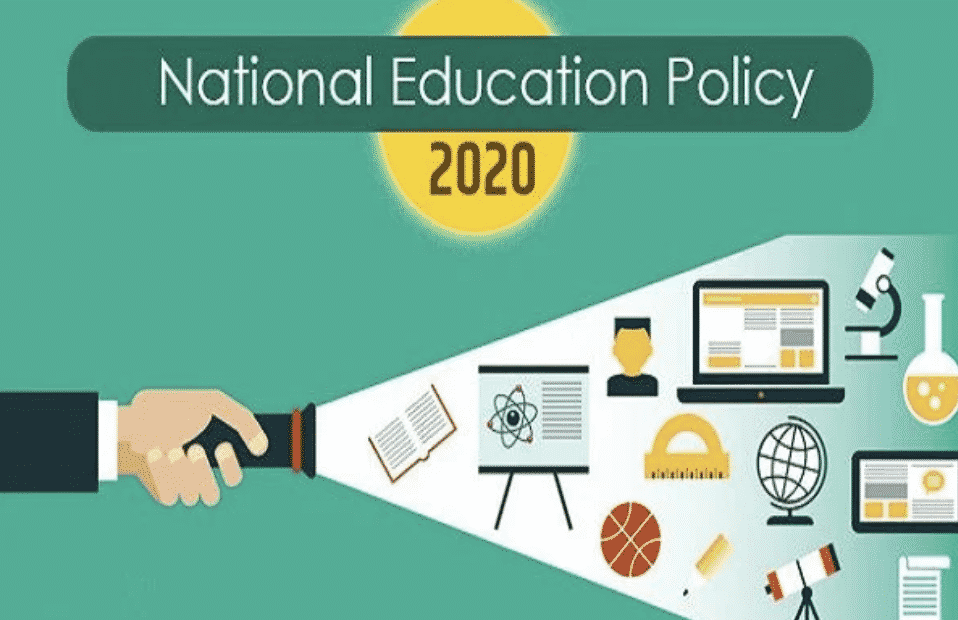Steps taken by CBSE for implementation of NEP 2020

The National Education Policy (NEP) 2020 is a landmark document that aims to transform the Indian education system in the 21st century. It covers various aspects of school education from pre-primary to senior secondary level, and proposes several reforms and innovations to enhance the quality, equity and accessibility of education. The Central Board of Secondary Education (CBSE) is one of the key agencies responsible for implementing the NEP 2020 in its affiliated schools across the country. In this article, we will highlight some of the major steps taken by CBSE for implementing the NEP 2020.
- ShikshakParv: CBSE organised ShikshakParv from 8th to 25th September 2020 for discussing various recommendations of NEP 2020 and its implementation strategies with the stakeholders, including teachers, principals, parents, students, experts and officials. Around 15 lakh suggestions were received from the stakeholders, which are being examined and incorporated in the final version of the implementation plan.
- Draft Implementation Plan: CBSE prepared a draft implementation plan with task lists linking each recommendation with tasks, responsible agencies, timelines and outputs. This task list was shared with the States/UTs/Autonomous Bodies on 10th September, 2020, to provide their feedback/suggestions till 12th October, 2020. Autonomous Bodies of this Department and 31 States and UTs provided 7177 suggestions/ feedback on the task list.
- National Workshops: CBSE conducted a series of national workshops on Implementation of NEP 2020 and revision of Samagra Shiksha under the chairpersonship of Secretary (SE&L) on 10th November, 27th November and 2nd December, 2020 covering all States and UTs. The document is being finalised and will be released shortly.
- New Curriculum Framework: CBSE is working on developing a new curriculum framework based on the NEP 2020 guidelines. The new curriculum framework will be holistic, integrated, enjoyable and engaging, and will cater to the diverse needs and interests of learners. It will also incorporate the latest pedagogical practices and assessment methods. The groundwork for the new curriculum framework is initiated and it is likely to be developed in the next academic session, that is 2021-22.
- Teacher Training: CBSE is committed to ensuring continuous professional development of teachers as per the NEP 2020 vision. To undertake 50 hours of mandatory Continuous Professional development of teachers, 18 modules of 4-5 hours each comprehensively covering all aspects of elementary education have been launched under NISHTHA on 6.10.20 for in service teacher training (CPD) in the online mode on DIKSHA platform. CBSE will also launch similar modules for secondary and senior secondary teachers soon.
- Student Assessment: CBSE is aligning its student assessment system with the NEP 2020 objectives. It has introduced a new scheme called SAFAL (Structured Assessment For Analysing Learning) for Grades 3,5 and 8 to map progress throughout school years. This assessment will focus on testing core concepts, application of knowledge and higher order thinking skills. CBSE will also introduce more competency-based questions in its board examinations for Grades 10 and 12.
- Equitable and Inclusive Education: CBSE is striving to ensure equitable and inclusive education for all students as per the NEP 2020 mandate. It has taken several initiatives to support students from disadvantaged groups, such as providing scholarships, fee concessions, special provisions for children with special needs, etc. CBSE has also launched a portal called ‘CBSE Dost For Life’ to provide psychosocial support to students during the pandemic.
These are some of the steps taken by CBSE for implementing the NEP 2020 in its affiliated schools. CBSE is also collaborating with other agencies such as NCERT, SCERTs, NIOS, etc., to ensure smooth and effective implementation of the policy. CBSE hopes that these steps will help in achieving the goals and objectives of NEP 2020 and transforming the school education in India.
